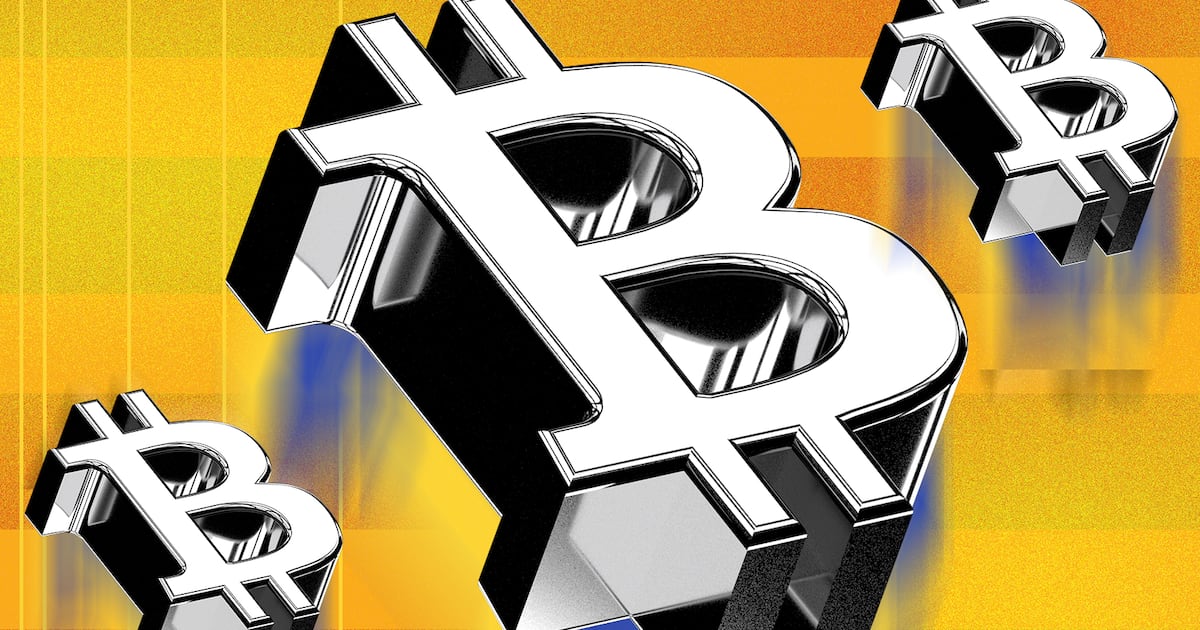
In an Asia that is racing ever faster towards the adoption of cryptocurrencies, a new initiative is capturing the attention of investors and meme enthusiasts: the famous website 9GAG has announced the launch of “MemeStrategy”, a new company that aims to merge humor and investments in Bitcoin. A curious idea, but not surprising for those who know the role of memes in crypto culture. Meanwhile, the allocation of a bonus of 3.5 million dollars to a CEO imprisoned in South Korea is causing a stir.
A scenario in which innovation, satire, and controversies intertwine, outlining the contours of an ecosystem rich in contradictions.
MemeStrategy: the latest idea from 9GAG enters the world of crypto
The site 9GAG, known for its significant influence in the world of online memes, has announced the launch of MemeStrategy, a “Bitcoin strategy firm” that promises to bring an ironic yet concrete breeze to the cryptocurrency sector.
This new venture is not entirely disconnected from the previous Web3 movements of 9GAG. In fact, already in 2022, the team behind the platform had launched Memeland, an NFT project that had garnered attention and funds. MemeStrategy, therefore, stands as yet another demonstration of how digital humor can become a lever to engage communities and experiment with innovative financial products.
Reportedly, the initial movements of MemeStrategy include the purchase of 6 Bitcoin (approximately 400,000 dollars at the current value), marking the beginning of its “meme treasury.” The stated goal? To demonstrate that irony is not incompatible with structured financial planning. The approach is deliberately different from that of typical investment companies: the focus is on viral content and an informal tone, aiming to capture the attention of a young and digital native audience.
The background behind the project
Behind MemeStrategy is Ray Chan, founder of 9GAG, who has chosen to adopt the social identity “@mrmemecoin”. With these premises, the communication remains consistent with the irreverent style for which 9GAG is known. In a post, Chan joked that MemeStrategy will not offer the classic tools of a trading firm, such as technical analysis or precise forecasts: “We only have memes”.
The message, however, appears clear: MemeStrategy is not a scam, but neither is it a professional investment fund. It is rather a social and cultural experiment, a form of manifestation in Web3 based on the authenticity of the community. As of today, the team has admitted that there is still no precise plan on what will happen to the Bitcoin purchased. Every move will likely be decided together with the users in DAO (decentralized autonomous organization) style, making MemeStrategy a catalyst for testing collective online behavior in real-time.
Scandals and conflicts: the case of the imprisoned Korean CEO
While the irony of 9GAG becomes strategy, another more controversial aspect of the Asian crypto world emerges strongly: the former CEO of Haru Invest, Hugo Lee, received a bonus of 4.18 billion won (about 3.5 million dollars) in the period immediately preceding the arrest for fraud. A timing that has raised controversy and concerns among investors.
The crypto lending company based in South Korea collapsed in June 2023 after more than 100,000 users found themselves unable to access their funds. Hugo Lee and other executives were accused of having orchestrated a large-scale fraud, investing in high-risk assets instead of maintaining conservative strategies as promised. The estimated economic impact is nearly 1 billion dollars in losses caused by the fraudulent investments.
The addition of the multi-million dollar reward just months after the arrests has further unsettled the Korean crypto community. According to a parliamentary report, in the five months prior to the collapse, Haru Invest allegedly paid significant amounts as “extraordinary compensation” to the top management, despite knowing the unsustainability of their plans.
The institutional response and the reputational risk
The South Korean authorities have not stood by idly. Currently, Hugo Lee is in detention, and investigations are still ongoing to determine any complicity. However, the Haru Invest case reopens the debate on the need for stricter rules in the criptovalute sector, especially in technologically advanced markets like the Asian one.
The contradiction between the promise of transparency and the opaque practices adopted by crypto companies only reinforces the distrust of many traditional investors. Despite the successes of some Web3 projects, these scandals demonstrate that financial risk remains high and that supervision remains a crucial element.
Between satire and finance: what to expect from the future of “meme” crypto
The launch of MemeStrategy outlines a new potential path for the adoption of cryptocurrencies: not just cutting-edge technology or speculative tools, but also cultural narrative, collective participation, and sense of humor. In this sense, the 9GAG project could be seen as a positive and creative reaction to the ongoing controversies in the sector.
The light attitude, however, must not lose sight of the risks. The funds at stake are real, market fluctuations can be extreme, and the lack of clear regulation is still a real obstacle to mass expansion. Nevertheless, 9GAG’s strategy could serve as a bridge between the world of social media and that of crypto, bringing new users closer in an accessible and less intimidating way.
The importance of a strong narrative
In the current landscape, dominated by technical projects and complex languages, MemeStrategy has a great strength: that of the narrative power. Memes, by their nature, are a universal language, capable of spreading globally in a matter of seconds. And when an NFT or a Bitcoin are told in these forms, they become cultural symbols even before financial instruments.
If this cultural push manages to channel itself into sustainable forms of investment and participation, it will be interesting to observe how the “meme treasury” will evolve. For now, it is an experiment open to the eyes of the world. And it is precisely this that makes it fascinating.
Conclusion: between irony and scandals, Asia confirms itself as a global laboratory for Web3
The dualism between MemeStrategy and the case of Hugo Lee well summarizes the contrasting forces that drive the Asian crypto market today. On one side, creativity, experimentation, and community; on the other, scams, lack of transparency, and crisis of trust. Both examples show that the adoption of cryptocurrencies is not just a technological issue, but deeply concerns cultural, social, and regulatory aspects.
In this precarious balance, Asia continues to be a fertile ground for innovation, but also a minefield for those who do not navigate carefully. The future of crypto, between memes and vanished millions, might perhaps depend precisely on the ability to transform digital culture into responsible finance.

 6 days ago
23
6 days ago
23









 English (US) ·
English (US) ·